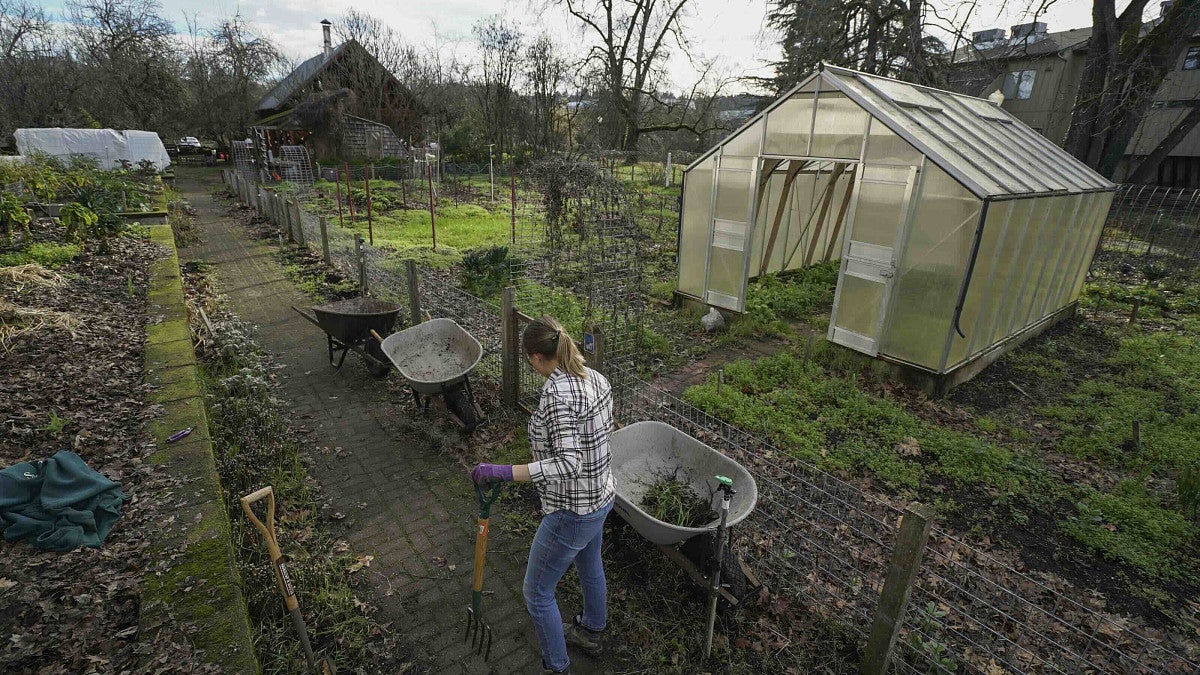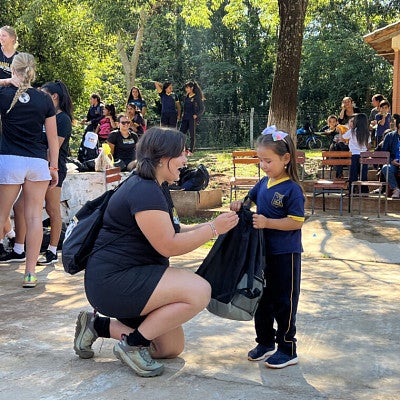Why Choose Food Studies?
Food is central to human life. The Food Studies Program at the University of Oregon developed out of a growing recognition that an integrated perspective on food matters is vital to developing fuller understandings of complex food-related issues.
The idea for the Food Studies Program came about in 2011 when, following a powerful Food Justice Conference at the UO’s Wayne Morse Center, more than a dozen faculty and graduate students met to discuss strategies for harnessing the momentum on our campus around food issues. It was quickly acknowledged that many of the existing food studies programs in the US focus on the fields of gastronomy, agriculture, and nutrition, while relatively few have the kind of breath and depth of expertise represented on our campus.
Also in 2011, an interdisciplinary research group, Food in the Field, emerged with the support of the Center for the Study of Women in Society. The group has hosted numerous work-in-progress talks and receptions for visiting food scholars on diverse topics that spanned the globe from prehistory to the present.

Minor in Food Studies
Food studies minors can select courses from several departments to learn about food from varied perspectives. Students can also take advantage of a range of exciting learning experiences, such as working at the UO Urban Farm or helping with local community hunger and relief efforts. Undergraduates in food studies take a capstone seminar prior to graduation, which gives them the chance to delve deeper into the topic.
Earn a Graduate Specialization
Graduate students in other UO departments may pursue a graduate specialization in food studies.

“After taking a few food studies-related classes, I recognize the role I play within an industrialized food system and the ways to eat around this system and have a more sustainable diet. I find myself wanting to seek out sustainable and organic brands not only for my own health but for the health of the environment.
With a food studies minor, I see it helping me see if I want to work or build my own agricultural business. As I am still young, my options are open; however, this is definitely a path that I plan to continue to explore and narrow down as I continue with the program.”
—Katie Guerra, business, food studies minor, ’28
What You Can Do with a Minor in Food Studies
A food studies minor can prepare you to work in many fields. Learn more about alumni careers and find resources to help you take the next steps.

